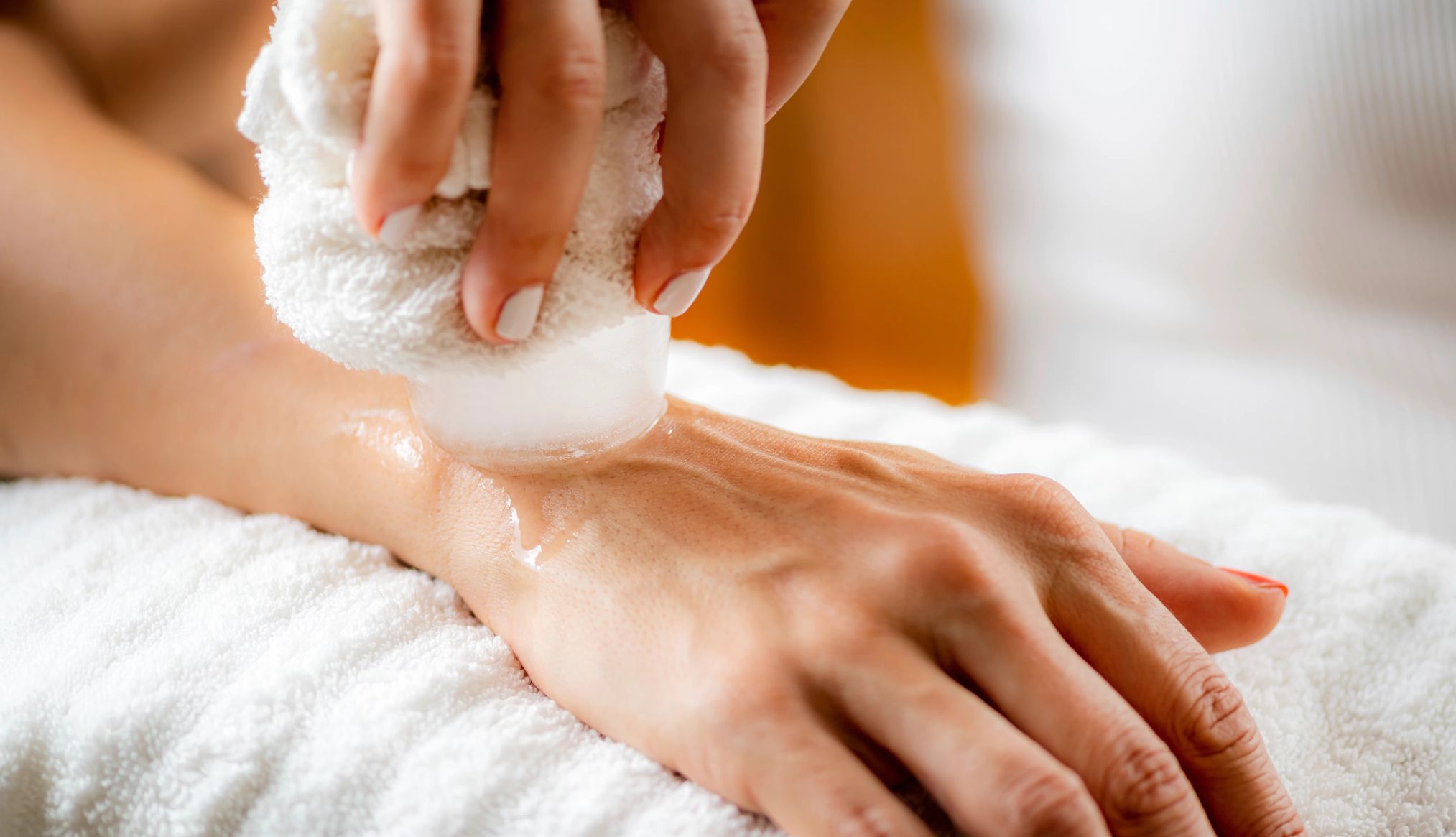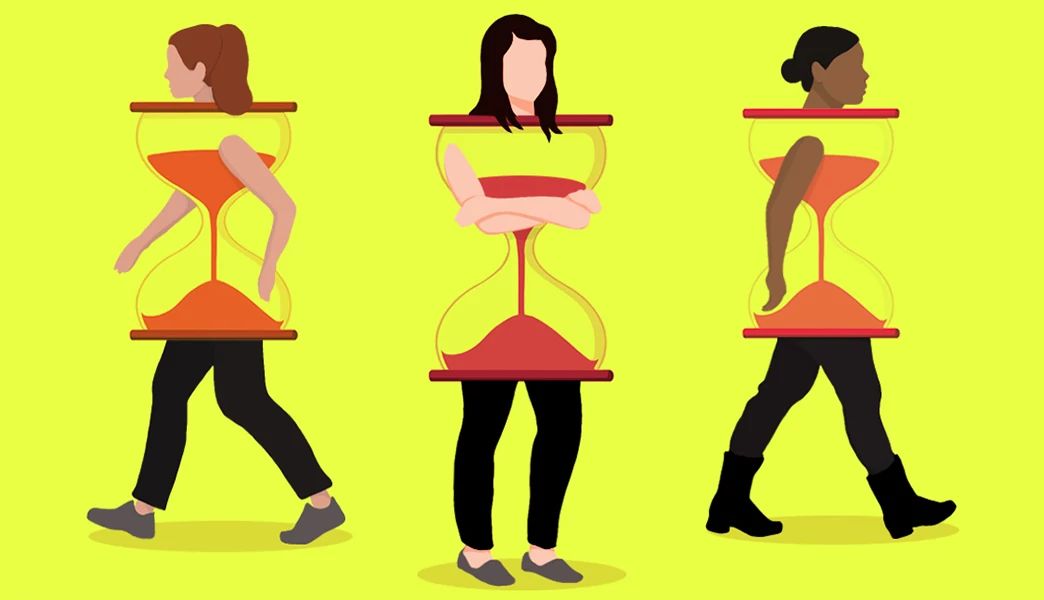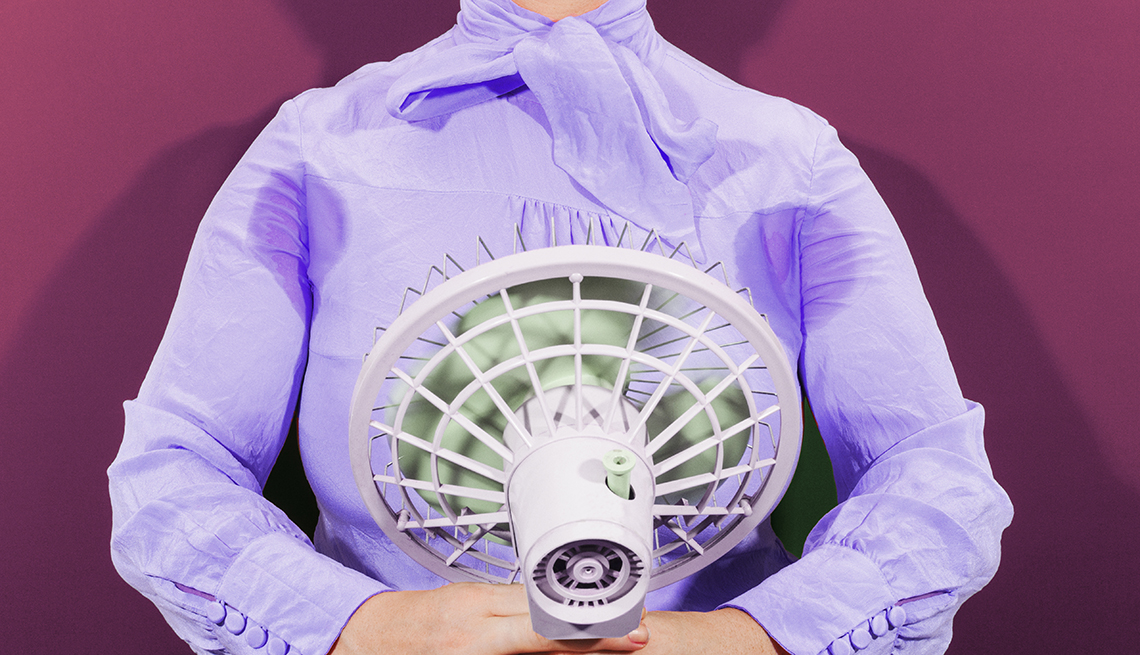Challenges


In 1992, a hormone replacement therapy called Premarin, was the most common prescription in the United States. Women flocked to this remedy to help them reduce problematic menopause symptoms, such as hot flashes and sleep problems. They also relied on the drug to potentially help prevent heart disease and dementia. Then, in the early 2000s, the Women’s Health Initiative (WHI), a large-scale randomized clinical trial designed to study hormone therapy in postmenopausal women, was halted due to early results suggesting health risks outweighed benefits. The related Women’s Health Initiative Memory Study (WHIMS) also ended. Prescription rates plummeted.
It turns out the problem with the WHI was not necessarily the hormone therapy but the study’s design. Most of the participants were more than a decade past their final menstrual period and menopause-related symptoms. Newer studies show that the benefits outweigh the risks for women under 60 or within 10 years of menopause onset without contraindications. Plus, newer delivery methods and formulations that are more personally tailored to an individual’s health risks and symptoms are now available.
But the damage of the headline-grabbing results lasted for a couple of decades and persists today. Women still wonder whether hormone replacement therapy, also called menopausal hormone therapy (MHT), is safe for their brain. Research has provided conflicting results, but helpful guidelines are emerging.
Brain fog and brain drain
During the menopausal transition, about 60 percent of women report cognitive complaints such as memory, focus and attention issues. These cognitive symptoms are collectively referred to as “brain fog.” Dr. JoAnn V. Pinkerton, professor of obstetrics and gynecology and division director of midlife health at the University of Virginia, says her patients describe it as feeling like they’ve got cotton candy in their brains.
“The most important thing I tell them is that brain fog during the menopausal transition and early menopause years is not an indication of dementia or an indication that you’ll get dementia or Alzheimer’s later in life,” she notes.
It’s not surprising, though, that women would suspect that midlife memory issues could be an early indication of later-in-life dementia since women are twice as likely to develop Alzheimer’s disease as men. One theory for the discrepancy is the drop in estrogen levels that occurs with menopause. Estrogen is thought to protect neurons in the brain.
Another theory, says Pauline M. Maki, professor of psychiatry, psychology and obstetrics & gynecology at the University of Illinois at Chicago, is that hot flashes cause cognitive changes. In a study published in Neurology in 2022, increased hot flashes were linked with a brain biomarker that has been linked to an increased risk of stroke, Alzheimer’s disease and cognitive decline.
Hormone therapy, although currently not recommended to treat cognitive issues or for dementia prevention, effectively treats hot flashes, mood swings and sleep disturbances that contribute to brain fog, helping reduce issues for many women.
So MHT is useful for key menopause symptoms, but what about its long-term impact on the brain? It depends.
Hormone therapy for early menopause
In the United States, the average age of menopause is 51. Menopause before 45 is considered early menopause, and before 40, it’s premature menopause. About 10 percent of women experience early or premature menopause due to either natural or medical reasons, such as when the ovaries are removed or as a result of cancer treatment.
While studies reveal conflicting findings regarding MHT use and brain health during natural menopause, there is general agreement that MHT is beneficial for brain health in women who experience early or premature menopause.







)





















More From Staying Sharp
What to Do When Menopause Affects Your Mood
Is it the hormones, the hot flashes or just midlife stress?
Menopause, Brain Fog and the Workplace
Is your productivity taking a hit? There are strategies to help
Why You Shouldn’t Mix Menopause With Alcohol
Menopause and drinking is an unhealthy combination for mood and memory